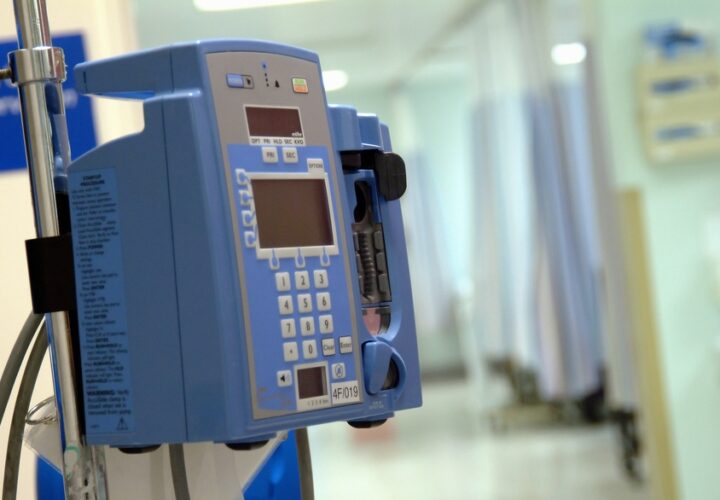We know that access to adequate care can be a challenge for Alzheimer’s and dementia patients. That’s especially true in a hospital setting, according to a study conducted at the University of Stirling in Scotland. Patients with confusion disorders like dementia were found to have worse outcomes — death and readmission — and longer stays than patients of a similar age without a cognitive spectrum disorder, or CSD, according to an examination of over 10,000 cases of emergency care provided to patients over 65.
Patients with dementia, delirium or both typically stayed almost two weeks longer than other patients, and had a higher risk of death and readmission. On average, a patient with CSD stayed in the hospital for 25 days; patients without dementia stayed an average of 11.8 days. Patients with CSD were more likely to die than patients without: 40 percent died within a year of admission, compared with a 26 percent mortality rate of those without dementia or delirium.
It’s unclear why the disparity exists, but we can consider a few implications for patients with confusion disorders like dementia and Alzheimer’s. Dementia patients don’t fit well into a system designed to treat one condition at a time like the emergency care hospital in the study. According to the study, some medicines can also adversely affect dementia patients, and can lead to a misdiagnosis — for example, mistaking the onset of delirium for the worsening of dementia, which call for different treatments.
Read the full study here.


